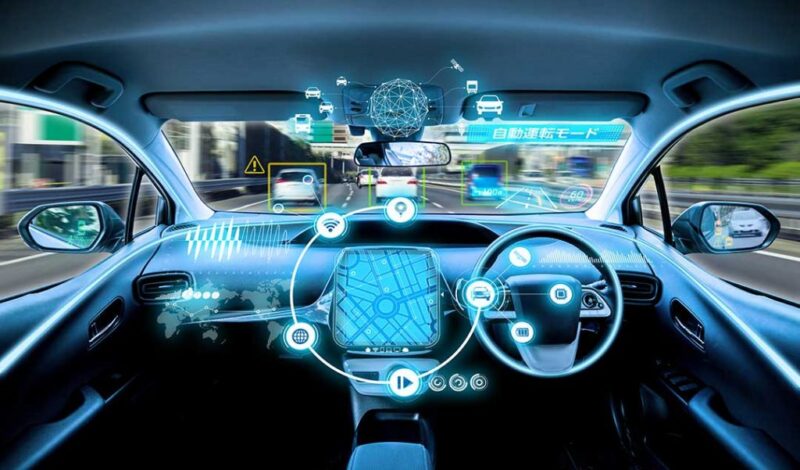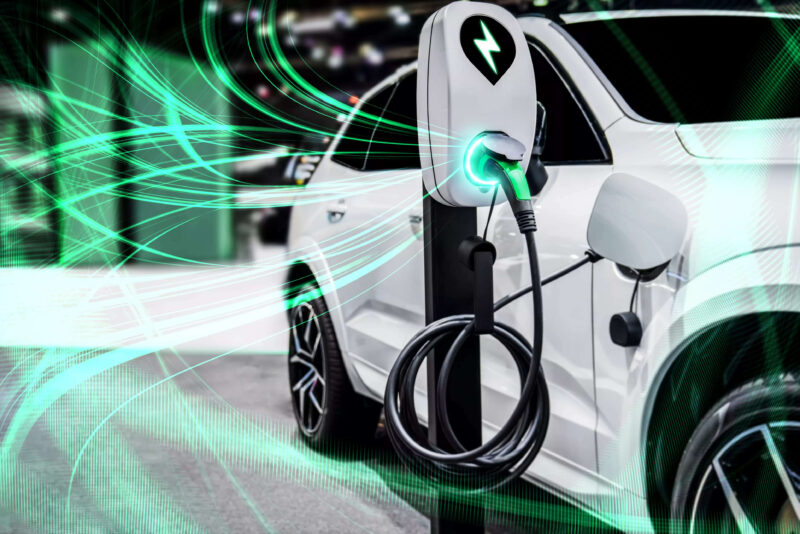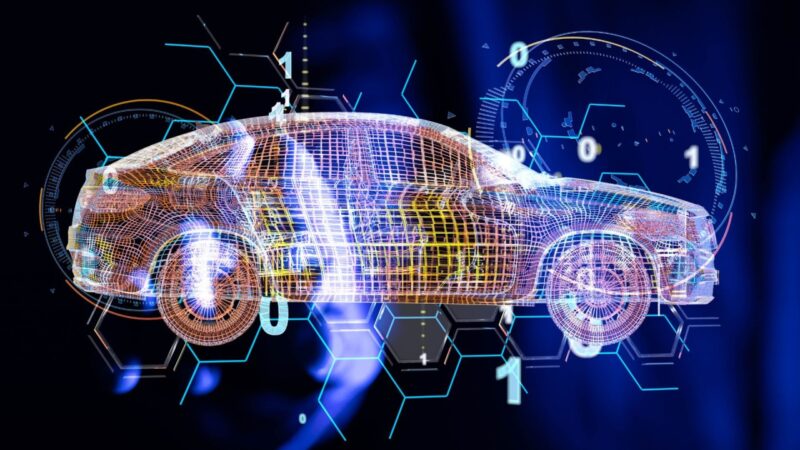In the realm of technology, the rapid advancements in IT are dramatically transforming various sectors, and the automotive industry is no exception. This fusion of cutting-edge technology with automotive manufacturing is not just reshaping vehicles’ functionality; it’s fundamentally altering our interaction and experience with cars. This synergy marks a new era in automotive design, where technology is as integral as the engine itself.
The Evolution of Automotive Technology

Traditionally, the automotive industry focused on mechanical and engineering innovations. However, with the integration of advanced IT solutions, there’s been a significant shift. This change is more than just an upgrade; it’s a complete overhaul of the automotive experience. From the integration of sophisticated safety systems to the development of highly efficient engines, IT is playing a pivotal role.
Connectivity and Smart Features
Connectivity in modern vehicles exemplifies how IT is revolutionizing the automotive sector. Today’s cars are no longer just about transportation; they are sophisticated hubs of connectivity. This development brings a plethora of features like real-time navigation, seamless smartphone integration, and cloud-based services.
The impact of these advancements is profound, offering drivers a level of convenience and efficiency that was previously unimaginable. Moreover, this connectivity paves the way for revolutionary changes in vehicle maintenance and software management, akin to the regular updates we see in our personal devices.
AI and Machine Learning in Automotive
The introduction of AI and ML in the automotive industry is a game-changer. These technologies are not just enhancing existing features; they are creating new possibilities. AI’s role in predictive maintenance is a perfect example, where the technology anticipates potential issues, thereby preventing breakdowns.
ML’s contribution to autonomous driving technology is even more groundbreaking, allowing vehicles to interpret and react to their environment in real-time. This technology is transforming cars from mere vehicles into intelligent, learning machines capable of adapting to their surroundings.
Electric Vehicles and Sustainability

The shift towards electric vehicles (EVs) is perhaps the most significant trend influenced by IT advancements. This transition is not just about replacing the combustion engine with an electric one; it’s about rethinking the entire vehicle ecosystem.
The technology behind EVs, from battery management to energy distribution, is as revolutionary as the concept of electric propulsion itself. These advancements make EVs more than just an eco-friendly alternative; they represent the future of automotive technology, combining sustainability with performance.
Cybersecurity in the Automotive Sector
As vehicles become more connected, the importance of cybersecurity in the automotive sector has skyrocketed. The industry’s focus is not just on protecting against digital intrusions but also on safeguarding the physical safety of the occupants.
This challenge has led to the development of sophisticated cybersecurity solutions, ensuring that vehicles are secure from both digital and physical threats. This aspect of automotive IT is critical, as it underpins the trust and reliability of modern vehicles.
Enhanced User Experience through Technology
The integration of IT in automotive parts is significantly elevating the user experience. Modern vehicles are equipped with intuitive user interfaces, personalized settings, and voice-activated controls, making the interaction between the driver and the vehicle more seamless and intuitive. These features are designed not just for convenience but also to create a more engaging and personalized driving experience.
For instance, advanced infotainment systems provide real-time information and entertainment, while smart navigation systems learn from driving patterns to suggest optimal routes. This level of personalization and intelligence in vehicles is a direct result of the sophisticated IT systems embedded within them, transforming cars into responsive and adaptive assistants to the driver.
Impact on Vehicle Maintenance and Repair

The advancements in IT are also revolutionizing the realm of vehicle maintenance and repair. With the incorporation of advanced diagnostics and telematics, vehicles can now monitor their own health and alert owners about the need for maintenance or repairs before problems escalate.
This proactive approach to vehicle maintenance not only enhances the lifespan of the car but also significantly reduces the downtime and costs associated with repairs. Furthermore, the integration of IT in automotive manufacturing is enabling the use of predictive analytics and machine learning to anticipate and address potential manufacturing defects, thereby improving the overall quality and reliability of vehicles.
The Role of IT in Shaping the Automotive Future
As we venture further into the 21st century, the role of IT in shaping the future of the automotive industry becomes increasingly significant. The convergence of autonomous driving, electric vehicles, and connected car technologies is setting the stage for a revolutionary change in how we view and use vehicles.
The future promises cars that are not just modes of transportation but smart, connected devices that are an integral part of our digital ecosystem. The ongoing research and development in IT and its application in automotive technology are paving the way for a future where cars are cleaner, safer, more efficient, and more in tune with the drivers’ needs and the environment.
This future, powered by IT, is not just a vision but an imminent reality, marking a new era in the automotive industry.
End Note
In summary, the intersection of IT advancements and automotive parts is a dynamic and exciting frontier. It’s a testament to how technological innovation can redefine entire industries. As we advance, this synergy promises to deliver vehicles that are not only more efficient and safer but also more in tune with the needs and expectations of modern drivers. The future of the automotive industry, driven by IT, promises an era where cars are not just vehicles but extensions of our digital lives, offering unparalleled efficiency, safety, and connectivity.

